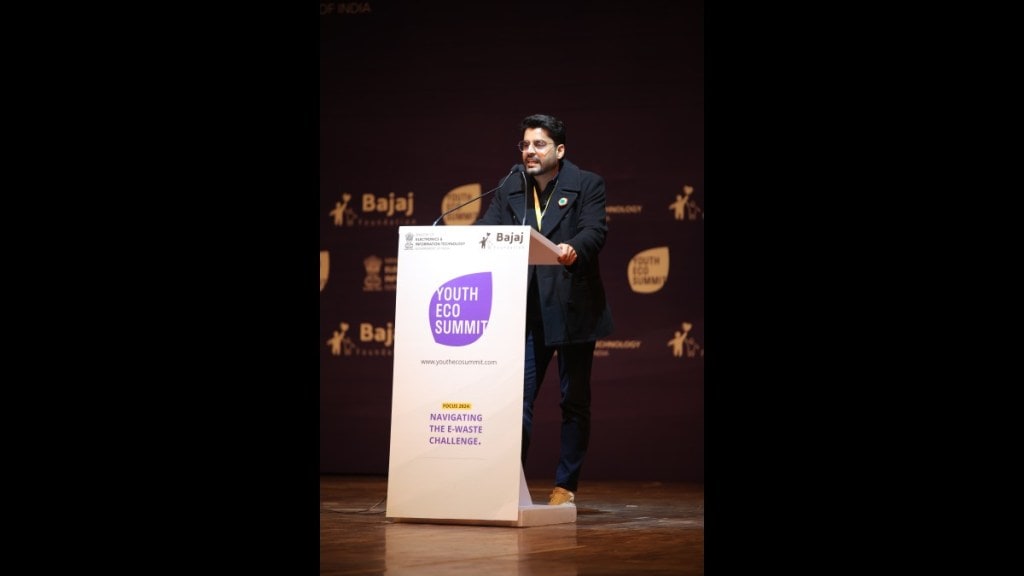The Bajaj Foundation claims to address the challenge of e-waste management in India by highlighting the importance of it among students’ community. For this, the foundation claims to organise several activities at school and college levels to spread awareness regarding e-waste management.
“Students can contribute to addressing the e-waste crisis by initiating awareness of e-waste recycling programmes in their families, neighbourhoods, organising clean-up drives to collect electronic devices, promoting energy-efficient use of electronic gadgets, and implementing green initiatives like refurbishing or repurposing old electronics,” Pankaj Bajaj, founder, Bajaj Foundation, told FE Education.
Further, to understand students their role, the foundation claims to address this issue at the Delhi Youth Eco Summit, attended by more than 2000 students. Bajaj foundation claims to have discovered innovative solutions like e-waste tokenization, drone collection and gamification.
“To motivate e-waste disposal in India, it is important to implement a system of monetizing and tokenizing e-waste. Individuals who dispose of their e-waste responsibly would receive monetary incentives or tokens that can be redeemed at dedicated government-run stores specialising in refurbished electronic items,” he explained.
Moreover, the foundation suggests that the innovative approaches such as street plays and public awareness drives, with support from Resident Welfare Associations (RWAs), can further enhance e-waste awareness. However, as per the foundation, the role of education is paramount in building a sustainable planet by raising awareness.
“By educating future generations about environmental issues and sustainable practices, we can cultivate a global citizenry committed to preserving our planet for future generations,” Bajaj noted.
Additionally, the foundation claims to host several workshops in educational institutions under its ‘Beyond Tech’ campaign to discuss e-waste management with students. “The recently held Youth Eco Summit, empowered youth to propose solutions through various competitions. Notably, the Youth Eco Summit was India’s first youth-focused environmental sustainability summit. Educating and empowering young change-makers is pivotal for societal transformation,” he added.
Furthermore, the foundation claims to run an initiative with a target of zero waste which revolves around minimising waste generation and maximising resource efficiency through sustainable practices.
“We aim to create an Understanding for every individual of a circular economy where products are designed for reuse, recycling and repurposing. Along with spreading awareness in educational institutes through our workshops, we also run E-waste collection drives in these institutes,” Bajaj said.
As per the foundation, an improper disposal contaminated soil with heavy metals, pollutes water sources and contributes to air pollution. Biodiversity loss occurs through habitat contamination and ecosystem disruption. “Addressing these issues requires responsible disposal methods, stringent regulations and sustainable resource management practices,” he noted.
Furthermore, the foundation aims to expand its educational outreach, enhancing recycling infrastructure and fostering collaboration with industry and government for comprehensive e-waste management.
“We are extending our awareness campaign to colleges and corporations, while also delving into research and skill development. This includes creating e-waste certification courses and facilitating student internships to meet the rising demand for Green Jobs,” Bajaj explained.

